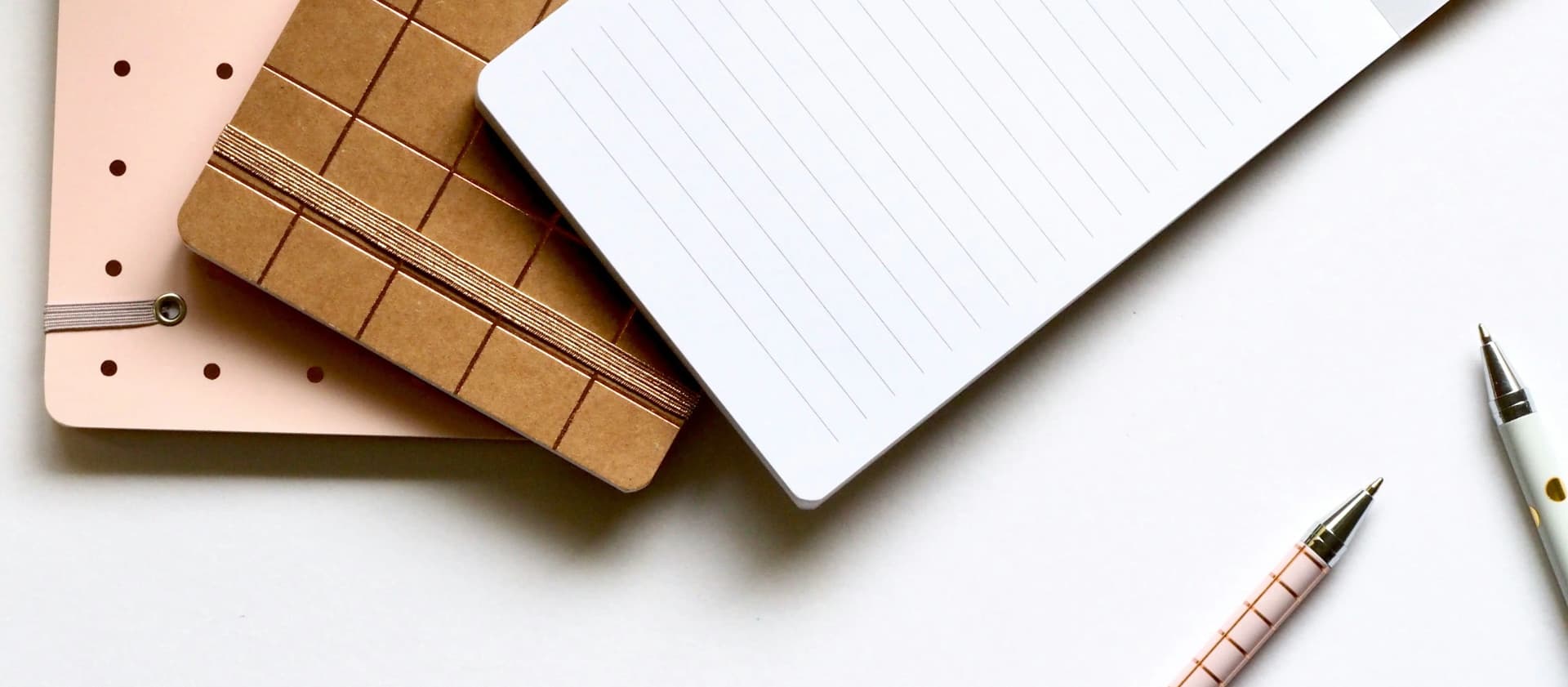
The Power of Forming Habits
Have you ever stopped to think about the habits that make up your daily routine? From the moment you wake up to the time you go to bed, you probably follow a set of habits without even realizing it. And that’s because our brains are wired to rely on habits to save energy and function more efficiently. In fact, nearly half of our daily actions are habits, according to research.
But what if we want to change our habits for the better? How do we go about forming new habits or breaking old ones? It’s not as simple as just making a resolution or setting a goal. It requires understanding the science behind habits and implementing strategies that work for you personally.
Understanding the Habit Loop
Author Charles Duhigg describes the “habit loop,” a pattern involving three elements: cue, routine, and reward. The cue triggers the routine, which leads to a reward. Every behavior follows this loop, and the more it’s repeated, the more ingrained the habit becomes.
-
Cues: These triggers can be anything from a specific time of day to an emotional state or even the presence of other people. Recognizing the cues that lead to your habits is the first step in making any change.
-
Routines: The actual behavior or action that is prompted by the cue. If you’re looking to change an existing habit, altering the routine is key. It could be a physical, mental, or emotional routine.
-
Rewards: It’s essential to have a reward associated with the routine. The brain learns to anticipate this reward, reinforcing the behavior. Rewards don’t have to be material; they can be feelings of accomplishment or satisfaction.
Understanding the habit loop and how it applies to your own habits is the foundation for initiating change.
Developing New Habits
So how do we go about developing a new habit? It starts with identifying the habit you want to change or initiate. Being realistic is key; don’t expect big results right away. Instead, start with small manageable habits that can later build up to your ultimate goal.
It’s also important to recognize that new habits take time to form. According to research, it takes about 21 days to form a new habit and around 3 months to turn it into a lasting lifestyle change. Understanding this timeline helps in setting realistic expectations and staying patient throughout the process.
Making a Plan and Staying Consistent
Committing to a plan and staying consistent are crucial when it comes to forming new habits. Focus on the “better than nothing” method, ensuring that the routine you set doesn’t require an excessive amount of energy or time. Consistency is key, as it takes repeated behavior for a habit to become ingrained.
Developing successful habits is challenging, but it’s not impossible. Focusing on small, progressive changes and practicing mindfulness can lead to significant improvements over time. It’s important to remember that you can do hard things, and with patience and dedication, you can change your habits for the better.

Conclusion
Understanding the science of habits and implementing strategies to form new habits can make a significant difference in your daily life. By recognizing the habit loop, developing a plan, and staying consistent, you can successfully initiate change and build positive habits that support your goals and well-being.
As you embark on this journey, remember that the process takes time and practice. Don’t get discouraged by setbacks, and celebrate even the smallest victories along the way. With dedication and mindfulness, you have the power to shape your habits and, in turn, transform your life.
If you’re a student looking to develop effective habits for academic success, we’re here to support you. Feel free to reach out to us for guidance and resources.
Remember, small changes lead to significant outcomes, and you have the ability to create positive habits that will serve you well.
The Power of Habits: How to Start New Habits That Actually Stick
Our daily lives are a reflection of our habits. Whether we are in good shape or not, happy or unhappy, successful or unsuccessful, it all comes down to the habits we have formed.
How To Start New Habits That Actually Stick
Let's delve into a helpful framework that can make it easier to stick to new habits and improve our health, work, and overall quality of life.